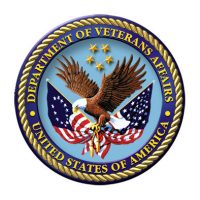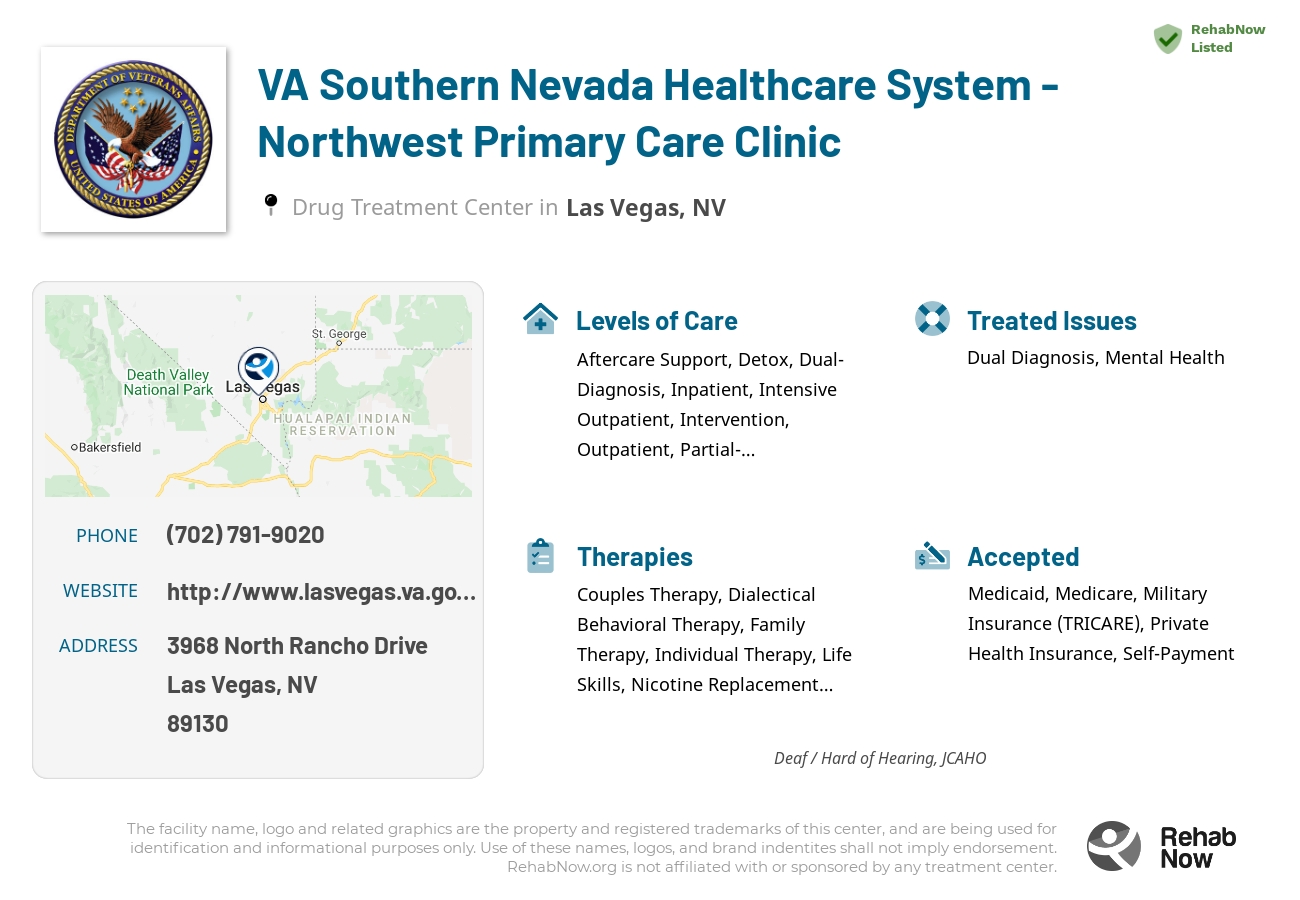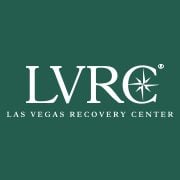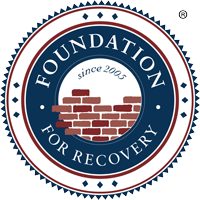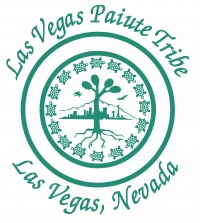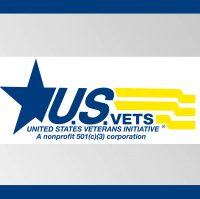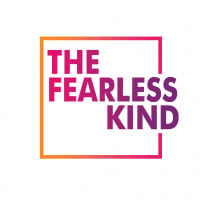About VA Southern Nevada Healthcare System - Northwest Primary Care Clinic in Nevada
VA Southern Nevada Healthcare System - Northwest Primary Care Clinic is an accredited Dual Diagnosis (Co-Occuring Disorders), Mental Health, Drug Treatment Facility in Las Vegas, NV that offers professional treatments for those seeking sobriety. Addiction is hard to beat, that’s why VA Southern Nevada Healthcare System - Northwest Primary Care Clinic offers a variety of levels of care that can help addicts recover from their addictions and live a healthy, happy life again. The staff members are trained professionals who will do everything they can to help you find the right level of care for your needs.
VA Southern Nevada Healthcare System - Northwest Primary Care Clinic offers customized treatment plans that address each person’s unique needs so they can overcome their addictions once and for all. With personalized care from experienced professionals, you have nothing to lose but everything to gain when it comes to living a healthy life without drugs or alcohol. This center accepts women and men.
When selecting a treatment facility, accreditations are clearly important. This center has Joint Commission accreditation. Medicaid, Medicare, Military Insurance (TRICARE), Private Health Insurance, Self-Payment are some of the ways clients can pay for treatment here. Fortunately VA Southern Nevada Healthcare System - Northwest Primary Care Clinic accepts private insurance. For additional information regarding paying for treatment, contact our admissions counselors now.
Genders
Ages
Modality
Additional
Accreditations

JCAHO
Conditions and Issues Treated
Individuals who are addicted to drugs and/or alcohol often have one or more co-occurring mental health disorders. Addressing both the addiction and the mental health problems at facilities like VA Southern Nevada Healthcare System - Northwest Primary Care Clinic can be very beneficial for these individuals.
Common mental health conditions that often co-occur with addiction include:
- Anxiety Disorders – People with drug and alcohol problems often suffer from anxiety disorders such as panic disorder, obsessive-compulsive disorder, social anxiety disorder, and generalized anxiety disorder.
- Depression – One of the most common mental illnesses co-occurring with addiction is major depressive disorder.
- Attention-deficit hyperactivity disorder (ADHD) – Many people with drug and alcohol problems also suffer from ADHD.
- Bipolar Disorder – People with bipolar disorder are more likely to suffer from drug and alcohol problems than the general population, and vice versa.
Levels of Care Offered
This center offers a variety of custom treatment tailored to individual recovery. Currently available are Aftercare Support, Detox, Dual-Diagnosis, Inpatient, Intensive Outpatient, Intervention, Outpatient, Partial-Hospitalization, Residential, Sober-Living / Half-Way, with additional therapies available as listed below.
Detox is the stage of recovery where the drugs or alcohol are entirely removed from your body. There are two different ways to detox, with medications and without. For many drugs and alcohol, the acute phase of detox can be completed in a number of days.
Inpatient recovery offers individual therapy, groups, and family therapy. The length of inpatient addiction treatment depends on the addict and their addiction. Inpatient rehab is a costly drug treatment, costing anywhere from $30k- to $60k. However, insurance often offers help in covering these costs.
An intensive outpatient treatment program, or IOP, is set up for those struggling with an addiction to begin the recovery process. However, the patient will not live at the facility during treatment.
IOP involves patients coming in and out of a medical office building regularly to receive therapy and other services while continuing their life outside of these visits.
IOP is a step up from drug detoxification or alcohol detox. However, it’s still considered a phase of recovery rather than the ultimate goal. There are many rehabs and treatment facilities available to patients in need of IOP.
Outpatient treatment can be considered the lowest intensity level of addiction treatment in Las Vegas, NV. It is ideal for early phase addiction or lower intensity addictions. VA Southern Nevada Healthcare System - Northwest Primary Care Clinic peer group support, 12-step programs, and individual counseling are likely to be involved.
A partial hospitalization program (PHP) is designed to help those in Las Vegas, NV with acute addiction symptoms. This means the person is treated in a hospital-like setting while still having some freedoms as an outpatient. Most PHPs like VA Southern Nevada Healthcare System - Northwest Primary Care Clinic require six hours of daily therapy and three days per week of group or individual counseling. If desired, they may sleep onsite or go home (but all participants are monitored more than any other type). These plans usually last one month but can be extended to six months, depending on your weekly time commitment!
Partial hospitalization programs are designed for people who need care but want to stay at home. Outpatient clinically supervised care allows people to participate in treatment while going about their daily lives without staying away from home for long periods.
The Partial Hospitalization Program requires you to be available for individual therapy sessions for a minimum of five days per week for twenty-four weeks. You will be seen for follow-up visits until the treatment is stopped.
Sober living homes are transitional houses for recovering addicts who need more structure than they would receive in an aftercare program. Specific rules and regulations are enforced in these homes, which are beneficial for people who need a greater degree of structure than other types of treatment.
Sober living home options include:
- Live-in managers – might be beneficial to people who do not have a support system in place at home, or who experience high levels of stress between work and home life.
- House managers – House managers are beneficial for people who do not have a strong social network to rely on, or who are concerned about relapse in their daily lives.
- House parents – House parents are beneficial to people who reside in areas without a strong aftercare program for support.
Residential treatment programs are those that offer housing and meals in addition to substance abuse treatment. Rehab facilities that offer residential treatment allow patients to focus solely on recovery, in an environment totally separate from their lives. Some rehab centers specialize in short-term residential treatment (a few days to a week or two), while others solely provide treatment on a long-term basis (several weeks to months). Some offer both, and tailor treatment to the patient’s individual requirements.
Intervention services can be beneficial for people who have not been able to overcome drug and alcohol addiction on their own. It is recommended for individuals whose addiction has led to dangerous or life-threatening circumstances.
Intervention services are beneficial for:
- People who have relapsed after completing other forms of addiction treatment.
- People with drug addictions that have led to dangerous health conditions, such as HIV.
- People who are at risk of losing their family, home, or job due to addiction.
- People who are having difficulty overcoming drug and alcohol addiction on their own.
- An intervention can be conducted by professionals, or by loved ones of an addict. If the person being intervened on agrees to enter addiction treatment after the intervention, the next step would be to choose a treatment program.
If they do not agree to enter addiction treatment after the intervention, loved ones may choose to go back to the drawing board and try another form of treatment. They may also choose to not receive any further treatment, but there are usually other factors in play that may make it difficult for people to stop using drugs or alcohol.
Aftercare support is vital to those who have completed a drug or alcohol treatment program. This support comes in individual and family counseling, treatment of psychiatric and other medical conditions, and medications to reduce cravings. It helps recovering addicts adjust to normal day-to-day activities and can last for a year or longer.
The majority of drug and alcohol addicts who receive aftercare treatment do not relapse. It is estimated that without aftercare, the relapse rate will be between 70 to 90 percent for most people. Aftercare is the final stage in addiction recovery, but it will also help maintain sobriety if relapse does occur.
Therapies & Programs
Individual therapy is ideal for addicts who want to focus on themselves. It can also be helpful for those whose withdrawal symptoms are exacerbated by the presence of other people.
Benefits of individual therapy are:
- Access to a personalized treatment plan that focuses on the individual needs of the addict
- More privacy during treatment sessions
- Better personal development through introspection
- Increased self-awareness regarding addictive tendencies in order to avoid relapse
- Greater potential for a long-term recovery plan
- Receiving professional advice and detox assistance from medical staff
Couples therapy is a treatment method used to help couples in which at least one member of the couple has a drug addiction. Couples therapy can be used whether the addicted partner is using drugs or in recovery. An additional benefit of couples therapy is that it can help make other types of treatment, such as 12-step programs, more effective.
Family therapy can help you and your family deal with old issues that may trigger substance abuse. The idea behind family therapy for drug addiction is that you are never fully healed from substance abuse until you’ve healed your relationship with your family, too. To get sober, you need to find a different way to cope with the pain in your life.
Trauma therapy is a clinical process that helps individuals deal with mental stress often caused by traumatic events. The therapist helps the person identify, understand and work through the problem. This is done with the help of talking about it in group or one-on-one counseling sessions.
Therapists use relaxation, role-playing, art, and music to help the person open up about what is bothering them. Some examples include:
- Talking about the traumatic event and how it affected them.
- Helping those who have PTSD to deal with their nightmares and recurring memories.
- Working with individuals to resolve the issues triggering the stress, whether seeing someone who reminds them of what happened or feeling helpless.
The individual is also encouraged to help others that are struggling with similar problems. This often helps them feel empowered and gives them hope.
Trauma therapy is not for everyone; it is usually reserved for people who have recently experienced a traumatic event and struggle to get over it. It is generally done for children, teenage victims of sexual assault, and war veterans.
Dialectical Behavior Therapy (DBT) is used by drug treatment centers across the United States to help drug addicts become sober. DBT is a type of Cognitive Behavioral Therapy (CBT) that combines traditional behavioral treatments with elements from DBT, including dialectics, distress tolerance, and interlocking issues. Some of the negative behaviors associated with addiction, such as impulsivity and mood swings, are addressed in DBT, while others like craving and isolation are not. It is commonly used to treat Borderline Personality Disorder (BPD) along with substance abuse disorders.
The four DBT modules are mindfulness, interpersonal effectiveness, emotion regulation, and distress tolerance:
- Mindfulness helps recovering addicts learn to identify and experience their emotions while realizing that they are not permanent.
- Interpersonal Effectiveness includes assertiveness, asking for what you need, and saying no while improving communication skills.
- Distress Tolerance has recovering addicts learn how to tolerate distress at the moment and avoid resorting to substance abuse.
- Emotion Regulation is used to identify, express and change emotions.
Cognitive Behavioral Therapy at VA Southern Nevada Healthcare System - Northwest Primary Care Clinic
CBT is a psychotherapy approach and method. [ws-nap-name] people to examine how their thoughts, including habitual harmful and inaccurate thinking, affect their actions. CBT is based on the idea that rigid, inflexible thinking leads to poor stress management, which leads to emotional distress.
Similarly, CBT helps people identify and change negative behaviors. It makes you question your perceptions and ask if they are realistic. CBT asks people to examine their behaviors and emotional responses and how they affect their lives. CBT aims to change people’s thinking and behavior to lead a more balanced and healthy life.
Moreover, CBT has been shown to reduce anxiety disorders, depression, and symptoms associated with harmful thoughts or actions.
The results of Rational Emotional Behavior Therapy treatment are clear. It seeks to help you in the short term rather than being lifelong treatment. Rational Emotional Behavior Therapy addresses the root issue of an individual’s emotional distress. It is proven effective with substance use disorders, which can help break a spiral of negative thinking. A drug rehab center that uses REBT is more likely to be successful. It creates lasting changes in a patient’s behavior, and this can improve your quality of life.
Those struggling with addiction can benefit from learning certain life skills. It is not as simple as quitting drinking or taking drugs and thinking that the hard part is over. Being sober means living a whole new way of life. Many recovering addicts have found that they need to develop talents like time management, organization, communication skills, socialization skills, and self-esteem to make their life in sobriety work, VA Southern Nevada Healthcare System - Northwest Primary Care Clinic is here to help with that.
Payment Options Accepted
For specific insurance or payment methods please contact us.
Is your insurance accepted?
Ask an expert, call (888) 674-0062
Additional Details
Specifics, location, and helpful extra information.
Las Vegas, Nevada 89130 Phone Number(702) 791-9020 Meta DetailsUpdated November 25, 2023
Staff Verified
VA Southern Nevada Healthcare System - Northwest Primary Care Clinic Patient Reviews
There are no reviews yet. Be the first one to write one.
Las Vegas, Nevada Addiction Information
The state of Nevada has been plagued by drug and alcohol abuse for years. In 2015, Nevada ranked 4th in the nation for drug overdoses. More than 600 people died due to drug abuse that year and almost 70% of those overdoses were opioid-related. The state legalized medical marijuana in 2001 and recreational marijuana was also legalized in 2017.
Las Vegas, Nevada is a city that is known for its high rates of alcohol and drug addiction and abuse. About 22.5% of people in Las Vegas, NV abuse drugs. In 2017, there were 814 drug-related arrests in Las Vegas. If you are struggling with addiction, it is important to get help from a reputable treatment facility. Each treatment facility in Las Vegas offers its unique approach to recovery.
Treatment in Nearby Cities
- Hawthorne, NV (245.2 mi.)
- Silver Springs, NV (310.3 mi.)
- Panaca, NV (117.3 mi.)
- Las Vegas, NV (6.3 mi.)
- Winnemucca, NV (355.0 mi.)
Centers near VA Southern Nevada Healthcare System - Northwest Primary Care Clinic
The facility name, logo and brand are the property and registered trademarks of VA Southern Nevada Healthcare System - Northwest Primary Care Clinic, and are being used for identification and informational purposes only. Use of these names, logos and brands shall not imply endorsement. RehabNow.org is not affiliated with or sponsored by VA Southern Nevada Healthcare System - Northwest Primary Care Clinic.
